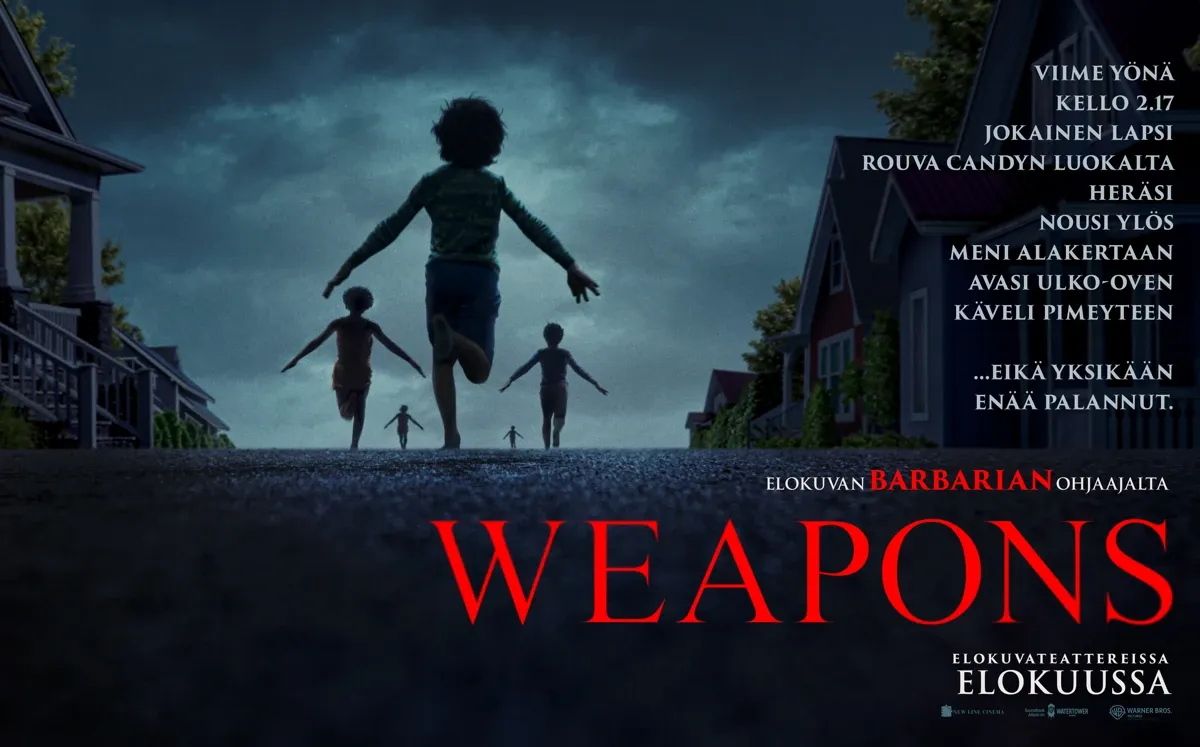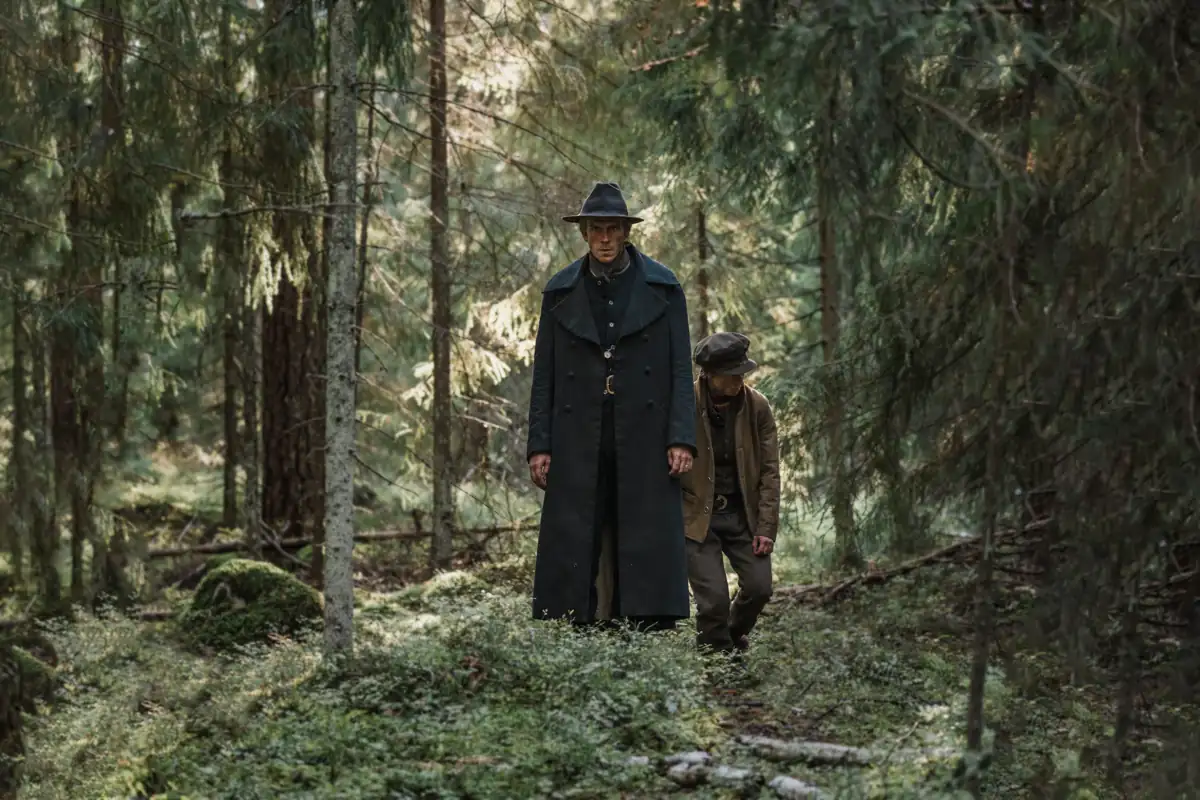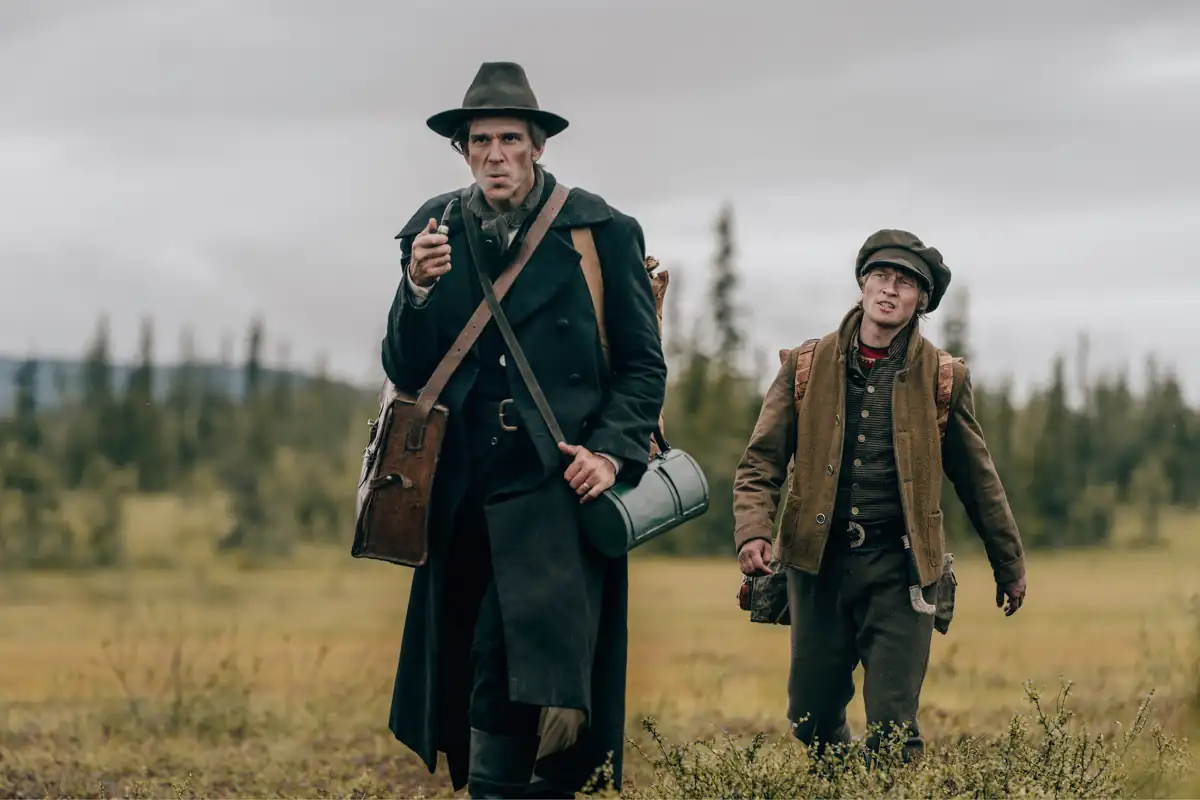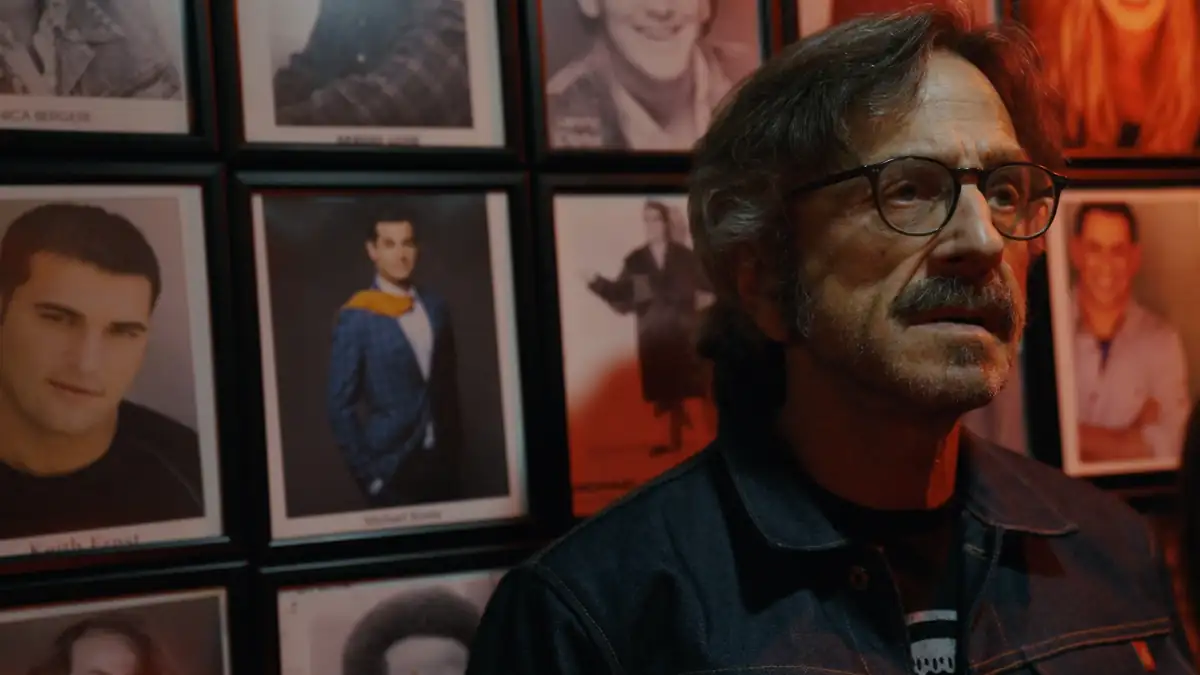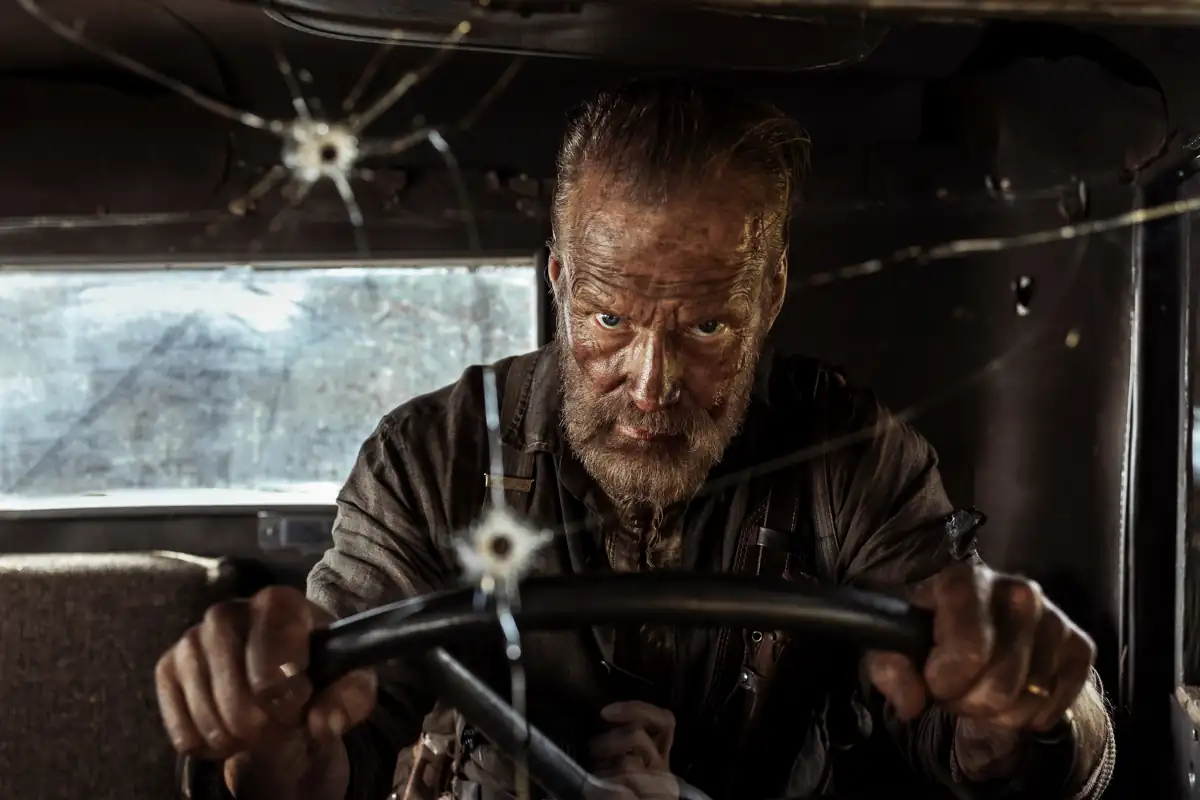There's a quote from Dennis Lehane in one of my favorite books, Gone Baby Gone, about the deafening silence of a missing child that crept into my mind during the viewing of Weapons.
"The silence of the dead carries with it a sense of finality; it’s a silence you know you must get used to. But the silence of a missing child is not something you want to get used to; you refuse to accept it, and so it screams at you."
For the first hour, that anxious dread permeates every frame of Zach Cregger's ambitious but wildly frustrating new film. Like a mix between Magnolia, Roald Dahl, and Stephen King, it weaves together a fable about a town coming undone after the mysterious disappearence of 17 children. One night, at exactly 2:17 in the morning, they all woke up, ran out into the streets, and vanished into the night.
The film unfolds as a ghost story, told through an unnamed child narrating well after everything has already happened. From the beginning, Weapons sets us up with two central mysteries: none of the kids ever returned, and everyone was so upset over how they failed them, they never spoke of it again.
We meet the despondent parents the night before school resumes. Life has to go on for others. Without answers, the parents turn their fear and anger at the next best thing: Justine Gandy (Julia Garner), the teacher who lost her entire class, save for one child. It doesn't matter that Justine is clearly a victim herself, or that every bit of evidence points to something other than her. Pain needs an outlet, and she's just a means to an end.
For a moment, Weapons promises so much. It isn't particularly subtle in its metaphor (one character dreams of an assault rifle looming over the suburban neighborhood), but there's a distinct eloquence to the nightmare spilling over heartland Americana. We follow six characters as they navigate the world with 17 gaping wounds in it, each trying to make sense of how things went so wrong.
Then, just under an hour into the film, Weapons tells us exactly what's going on, and then keeps telling us everything. It introduces rules, mechanics, and a long-winded expositional chapter that suck the narrative bone dry. It is a bizarre, baffling decision that turns the potentially rich story into a limited, perfunctory bedtime story without any of the nuance or elegance of the first hour.
In hindsight, Weapons builds up to a punchline that it clearly telegraphs from the outset. It's just that, to get there, it takes a detour that is more interesting than the joke itself. The telling is rich with borrowed and lifted elements from other films and folklore, which feed off the unnerving mystery that is never better than when it remains as such.
Cregger references his inspirations liberally. Alden Ehrenreich plays a hapless cop who looks and acts exactly like John C. Reilly in Magnolia. Amy Madigan's wild turn is directly from Nicolas Roeg's The Witches. The Shining gets at least five different nods, both direct and indirect. For film and especially horror fans, Weapons is a buffet of in-jokes and superficially pleasing aesthetics.
It's in the subtext that things fall apart. In attempting to marry an epic drama with societal thriller, occult horror, and Evil Dead slapstick, Cregger extends his material far too thin. By the end, you could say it's a film about school shootings. Or about helicopter parents suffocating their young. Perhaps it's about how silent child abuse can exist behind closed doors even in tightly knit communities. Maybe it's about how older generations suck the life out of the new ones to keep themselves going no matter the cost.
In a way, Weapons is all of that, and none of it. It treats the material with the same shotgun approach as The Naked Gun does with its jokes. Some hit simply because there are so many pellets. At worst, Weapons is brutally mean without reason, like in an extended sequence where a drug addict is repeatedly treated as a punching bag for cheap laughs.
But horror works best when we don't understand it, and in exhaustively explaining itself, Weapons robs the audience of the unknown. Its choppy episodic storytelling doesn't enrich the mystery, but instead drip feeds information we've already figured out well in advance. By the time you clock how Cregger builds his scares, they become so rote you can count the steps he takes to the next one.
There's a brilliant narrative hiding in the first half of this film. Cregger has a natural gift at depicting small town hysteria, paranoia, and our failures to move on. Josh Brolin, playing a bully who can't live with a scenario where he isn't in charge, is superb. Julia Garner delivers another complex and tragic performance. Ehrenreich has the makings of a new Phillip Seymour Hoffman.
They, like the audience, deserve something better.

